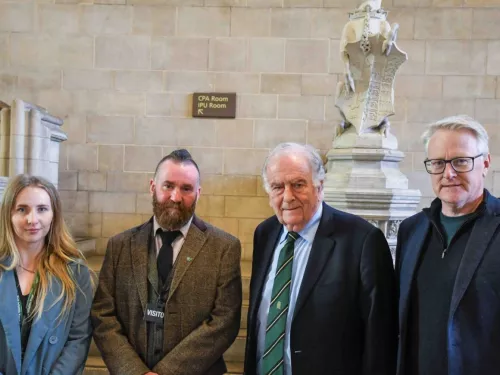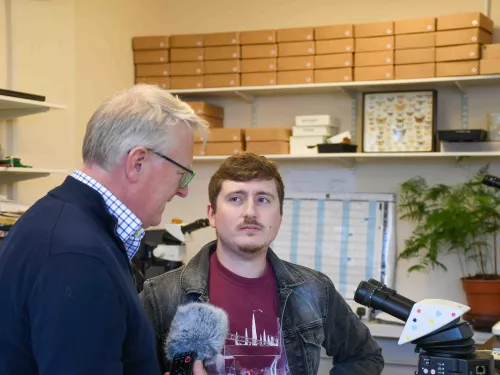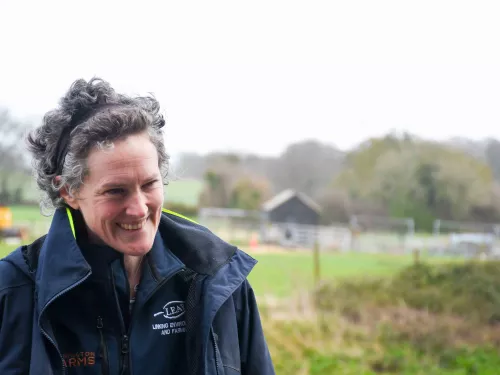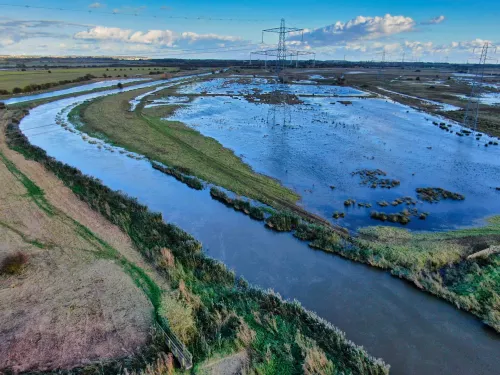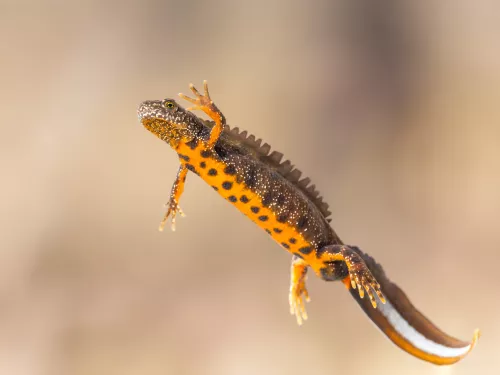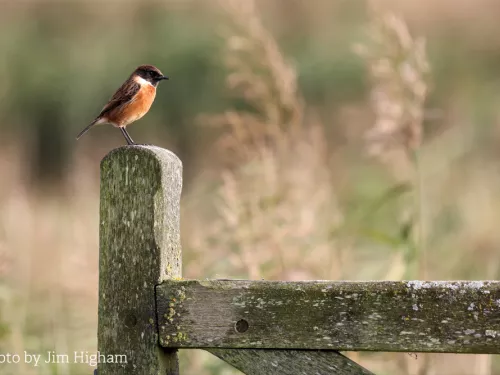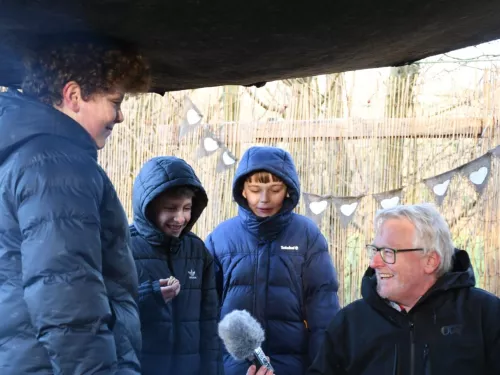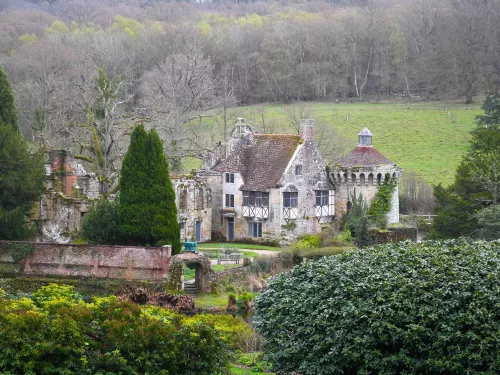
Conservation Management at Scotney Castle and Gardens
Join Rob Smith as he walks around Scotney Castle and Gardens learning how the team here are managing the land for nature whilst welcoming 180,000 visitors a year. Scotney manages 788 acres of land with 30 acres just dedicated to formal gardens and 300 acres designated as a SSSI.

